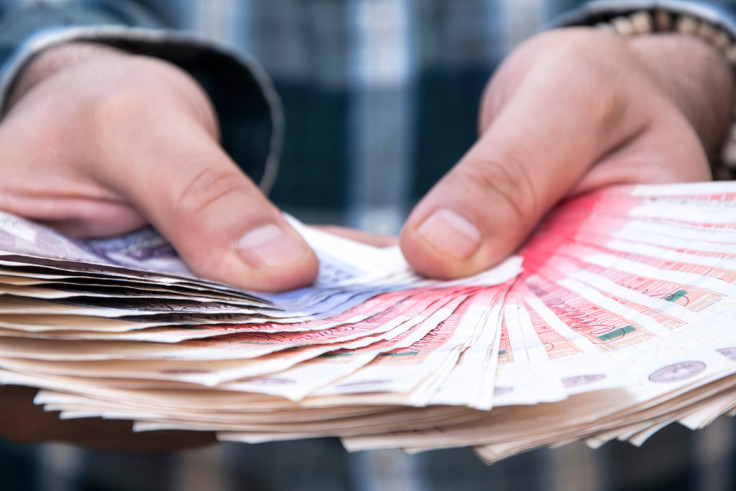UK Prime Minister Theresa May's political woes hammer the pound
Sterling loses ground as fallout from Conservative party upheaval hits market sentiment.
The pound registered steep losses on Friday (6 October) after a Conservative Member of Parliament claimed he had enough signatures from parliamentarians to trigger a party leadership contest aimed at toppling Prime Minister Theresa May.
Pressure has been mounting on May following a tepid speech by her at the Conservative Party Conference interspersed with unfortunate coughing, a prank by a comedian and a background set malfunction. Following the performance, Grant Schapps, MP for Welwyn Hatfield and former minister, claimed he had over 30 signatures to trigger a party leadership context.
However, Schapps was widely criticised by colleagues with May emerging before the cameras to issue a statement saying she had the full backing of her cabinet colleagues.
A chaotic morning for the ruling Conservatives hammered the pound, with the British currency down 0.63% against the dollar to $1.3037, with May's statement only providing the briefest of respites to $1.31, before another tumble lower at 4:29pm BST.
The British currency also fell 0.75% against the euro to €1.1220; and dropped 0.67% and 0.62% versus the Swiss franc and yen to change hands at CHF1.274 and JPY147.075 respectively.
Naeem Aslam, chief market analyst at ThinkMarkets, said sterling buyers are having a bad time and no matter what May says traders are not buying that she is running a stable government.
"This is pushing the currency lower. The pound has a long way to go to recoup its recent losses and the under current circumstances, it appears bulls are going to have tougher time. The options market is showing that traders have reversed their long position on the sterling."
With all sorts of political kerfuffles going on in the background, doubts of a hard Brexit also continue to hound the pound, added analysts at Morgan Stanley, reiterating that sterling-euro parity remains a possibility.
"Brexit uncertainties have increased once again as the EU has not shown the flexibility the British government was hoping for post [PM] May's Florence speech.
"Investment spending has remained low and may fall back further should the UK not reach a trade agreement with the EU by Christmas. Declining demand for durable goods combined with the steep rise in non-secured debt leaves the impression that balance sheet limitations may start to bite. EUR/GBP should head to parity."

© Copyright IBTimes 2025. All rights reserved.






















